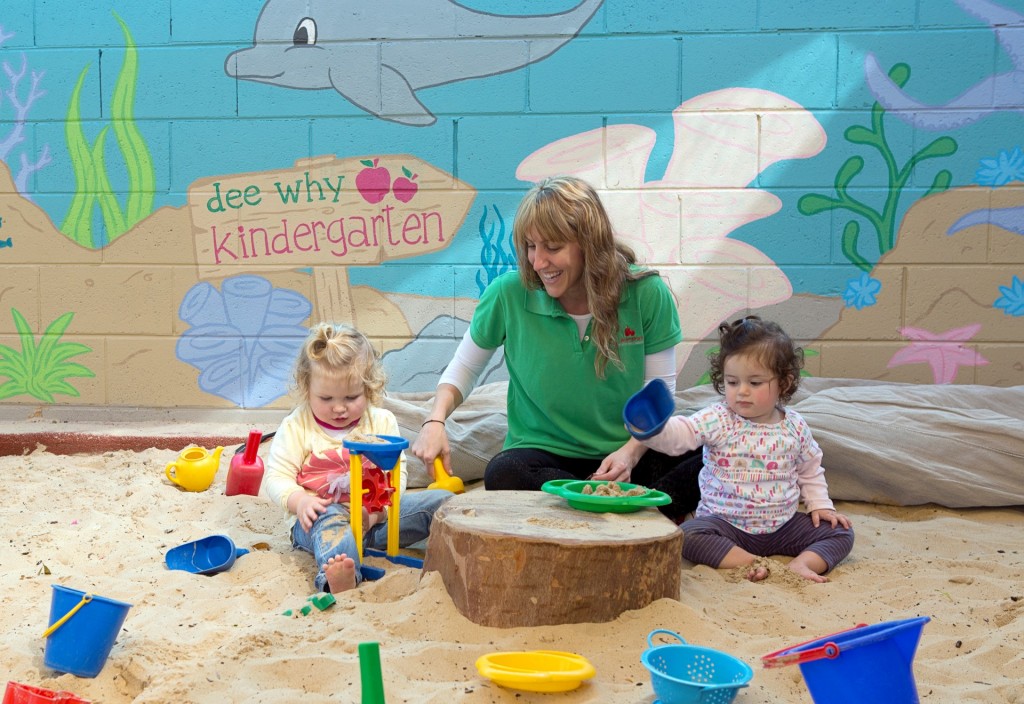
This compilation of reading comprehension resources for primary school children includes a set of materials and didactic elements designed so that parents and teachers can find a compilation of all our content focused on the task of improving reading comprehension.
Remember that if you want to help boosting the passion for reading in your children, there is no better option than Stories by Uncle Buzz. Visiting our website you will find magical stories will take your children to worlds full of adventures and let them know the benefits from immersing themselves in books.
What is reading comprehension?
According to many dictionaries, the word reading is defined as “The interpretation of the meaning of a text”. Reading a text does not imply that we are understanding its content, a reason may be that we do not know the meaning of some words or that we do not interpret what the author wants to express, but another reason may be that we are not focused, we can read and think about Another thing at the same time, this problem must be corrected from school ages by promoting strategies that help increase reading comprehension. An ideal way to encourage reading as a daily habit in the youngest members of the family is through short children’s stories such as those we offer for free in the first stage of their education process.
Reading comprehension is the ability to understand what the person is reading, taking into account the overall comprehension of the text and also the comprehension of the words. When we read, we activate the ability to understand, that is, to learn the relevant ideas of a text and relate them to concepts that already have a meaning for the reader.
Some texts written today are able to reach an enormous importance (press, announcements, instant messages, work environment, etc.), in some concrete cases it displaces the oral language, as it happens with the new smartphones and all its messaging utilities.
Reading comprehension is an essential part of a correct cultural literacy that allows the child to be incorporated into society and into adult life. This must be encompassed in various contexts and with varied types of texts that can begin with the most significant narrative for children, such as story and poetry, and continue with more complex texts close to science.
Levels of reading comprehension
The first comprehensive reading exercises must have a recreational purpose from their simplest expressions, favouring attractive and enjoyable experiences around reading, encouraging the reading habit, while being pedagogical instruments aimed at perfecting the analysis of texts in different communicative situations.
The comprehension of texts is of vital importance in the learning process, starting from the comprehension of simple sentences to that of more complex texts. In this sense, it is necessary to choose the most appropriate readings for children, those that adapt to the level indicated for their age. In addition, these should be attractive, since this way it is ensured that the child pays attention to what he reads and is able to subsequently explain it. So, it is advisable to use short and enjoyable paragraphs that keep the child interested.
Achieving a correct development of reading comprehension is a task that must take into account the different elements that accompany the text and, as a whole, give it a global meaning allowing to create reading comprehension exercises of a high pedagogical value. Once this has been done, and based on its elaboration and purpose, the primary student will come to a conclusion related to its characteristics and literary conventions.
Reading comprehension games
Bearing this in mind all of the above, many institutions offers its users texts for children specially made for each of the Primary Education cycles. In addition to providing an enjoyable and entertaining reading, at the end of each text an interactive game is proposed consisting of answering questions about each reading. It is only a matter of time to look for the best resources to work on children’s reading comprehension.
Reading comprehension games for elementary school children develop linguistic skills by being very close to the citizen, social and cultural reality. Most games use images or drawings to make meanings and words way more understandable, as well as the linguistic and citizen context or the oral tradition. This great cultural baggage, is reflected in some of the games you will find and it contributes to enrich our cultural heritage, and therefore that of children, as well as encourage their habit by reading.
All activities and reading comprehension exercises for primary that we propose are divided by cycles and therefore in difficulty, this facilitates the task of choosing reading texts for children, since they are selected to be adapted to the comprehension capacity of reading of each child.
To have a good reading comprehension, it is important that the children relate what they read with a story of their world, something from their personal life, this means that after reading a story they can tell someone else what happened to the main character and point out it is similar to something they have been through before or would like to experience in the future.
Another alternative for children to relate to reading and understand, is to make a recipe with them, so they read it and then begin to put it into practise, taking into account each of the elements provided.
In order for children to create mental images about a story, it is appropriate to provide them with several images where they are the ones that generate the story from these images, it does not have to be many images, they can be few.
Nevertheless, you have to keep in mind that in order to exercise this reading comprehension level, children need to experience reading on a daily basis and an excellent way to achieve this is through Uncle Buzz’s stories, especially written to boost children’s comprehension, unveiling a wonderful world while increasing vocabulary, creativity and imagination.